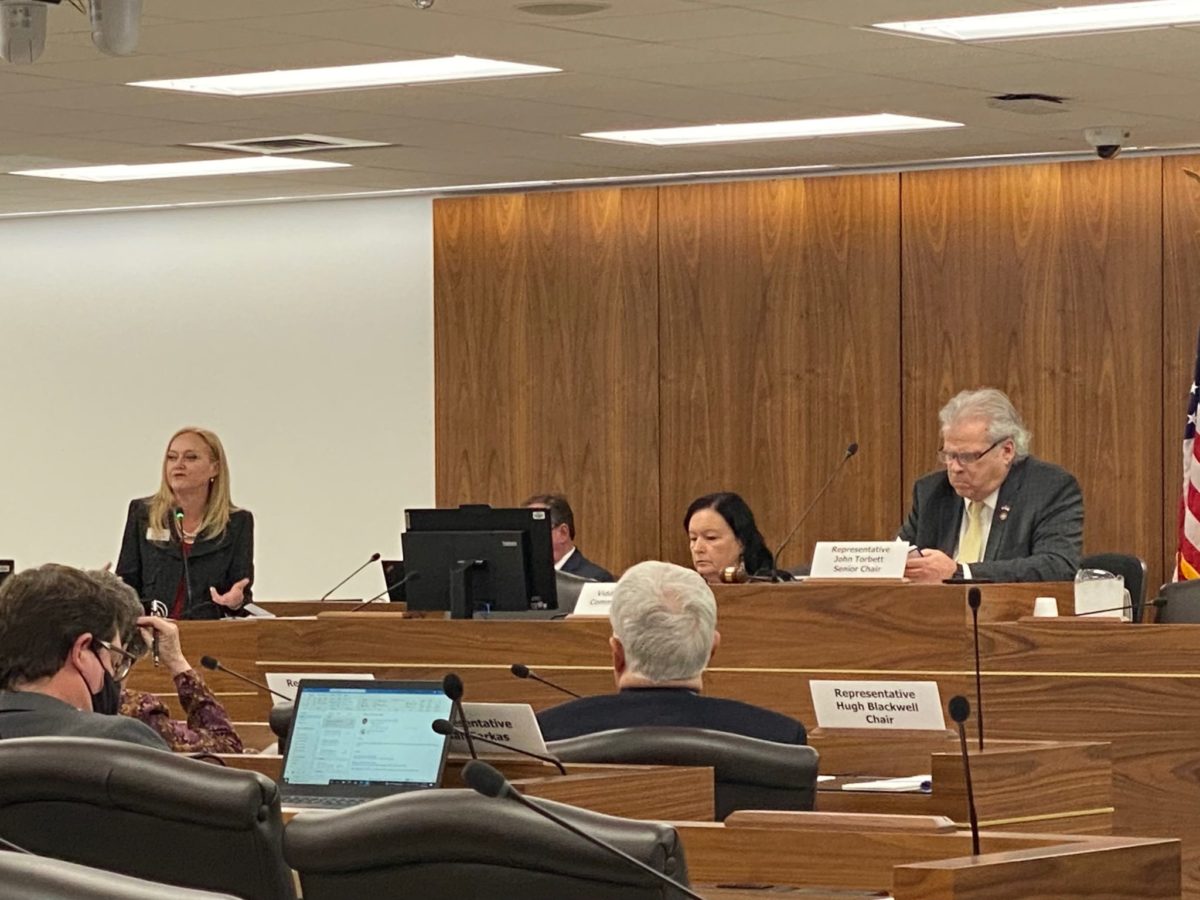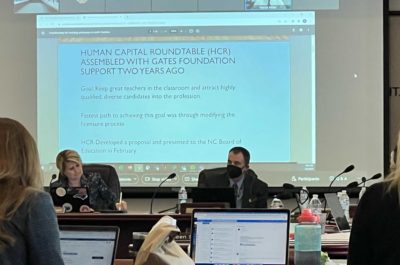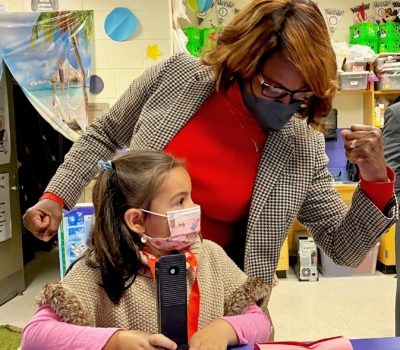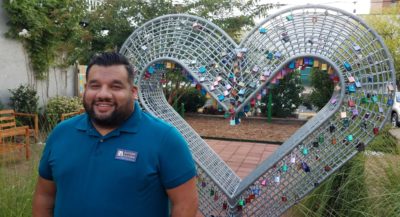
The ambitiously named House Select Committee on an Education System for North Carolina’s Future met for the first time Monday.
The committee’s senior chair, Rep. John Torbett, R-Gaston, explained that the group of nine representatives was going to imagine what they would do to create an education system if one didn’t already exist in North Carolina.
“A lot of people are concerned about education, I don’t have to tell you,” he said.
Sign up for the EdWeekly, a Friday roundup of the most important education news of the week.
The conservative-leaning North Carolina Institute for Constitutional Law presented for the bulk of the meeting on the education provisions in North Carolina’s constitution and in state statute.
The Institute’s website says that its purpose is to “promote liberty by encouraging a limited and transparent government and promoting free enterprise.” Institute President Jeanette Doran’s presentation argued that the ultimate authority for education in the state resides with the General Assembly.
Doran focused heavily on the Administrative Procedures Act, which explains how government entities should make rules. That portion of the presentation sparked the following reaction from Kris Nordstrom, a senior policy analyst with the Education & Law Project at the liberal-leaning North Carolina Justice Center.
Torbett said during the meeting that not everyone is familiar with the difference between policies, rules, and constitutional requirements.
“What would you do to help create a process to educate children in North Carolina to best be able to accommodate their needs when they exit?” Torbett asked. He said that his child went through the public education system and that he had been active in public school PTA.
Tamika Kelly, president of the North Carolina Association of Educators, tweeted that parental involvement isn’t a “substitute for professional experience.”
In a follow-up tweet, she discussed the role of parents and the difference between that and teaching.
Torbett spoke of his frustration with some aspects of education as it is currently implemented, including the idea that being a certain age correlates with being in a certain grade, that local districts can’t decide their own school calendars, and that teachers are given too much responsibility beyond teaching.
Lawmaker comments
Torbett asked committee members to discuss their ideas and hopes for the future of North Carolina’s public education system. Committee members had a range of commentary:
- Rep. Jeff Zenger, R-Forsyth:
- Said his family recognized that kids have “different gifts and talents and interests.” He has four kids who participated in a variety of educational settings.
- “We’ve got a lot of one-size-fits-all that just doesn’t work.”
- The point of education is to get kids ready to “live on their own.”
- “I think we need to get back to understanding that the primary purpose of education is to equip these kids to be good adults.”
- Rep. Pat Hurley, R-Randolph, committee co-chair:
- A lot has changed in education since she was young — and not necessarily for the better.
- “Many things that worked then would work again now,” she said, adding that when she was young, kids had more discipline, respect, and care, and that most had two parents at home.
- She said that a teacher who has been “trained correctly” is the best way to ensure student success and that students need to be taught life skills.
- Rep. David Willis, R-Union, committee co-chair:
- Parents have abdicated their responsibilities to schools and they need to be students’ best advocates.
- “We have to go back to understanding what the parents’ responsibilities actually are.”
- Rep. Hugh Blackwell, R-Burke, committee co-chair (the nine-person committee has three co-chairs and one senior chair):
- The state Superintendent of Public Instruction should be the head of the State Board of Education (SBE).
- He also wondered aloud as to whether SBE members should be elected, rather than appointed by the governor (as is currently the case).
- Rep. Rachel Hunt, D-Mecklenburg:
- Discussed the importance of early childhood education, and programs such as the Teaching Fellows Program, Advanced Teaching Roles, and principal leadership programs. Hunt is the only member of the committee with education experience.
- “We can make this system better in North Carolina. We know how to do it,” she said. “We have a variety of groups doing great things in North Carolina, like BESTNC and the Hunt-Lee Commission.” (The bipartisan Hunt-Lee Commission is named for Hunt’s father, former four-term Gov. Jim Hunt — often called North Carolina’s “education governor.” The commission’s focus is to strengthen systems across the state’s education spectrum.)
- Rep. Brian Farkas, D-Pitt:
- He attended public school and that his brother is a teacher.
- Raised concerns about teacher supply.
- Expressed interest in reinstating master’s pay for teachers, which was discontinued by Republican lawmakers in 2013.
- “I’ve seen schools where the gyms can’t be opened because the floors and the foundations have major issues.”
Not discussed during the meeting was the long-running Leandro case, which is currently embroiled in a complex legal web after Judge David Lee ordered the state to transfer $1.7 billion to fund a comprehensive plan to get the state in line with what the courts have determined to be its constitutional duty on education. That money was just the first installment of what is needed to fund a multi-year plan. The presentation from North Carolina Institute for Constitutional Law included slides about Leandro, but the presentation ended prior to those slides. For a full history of the case, go here.
Next steps
Torbett said the committee is likely going to take two years to do its work, and that any “weighty legislation” is at least a year or two away. The committee plans to hear from business and industry leaders, as well as teachers.
“It’s incumbent on us to make sure we’re getting the biggest bang for our buck,” Torbett said, after referencing the fact that the bulk of the state’s budget is spent on education.
The group will meet next on Feb. 7 at 1 p.m. and will be hearing from State Superintendent of Public Instruction Catherine Truitt. Torbett said he also hopes to get SBE members to present.
You can listen to the committee meeting below.
Recommended reading



